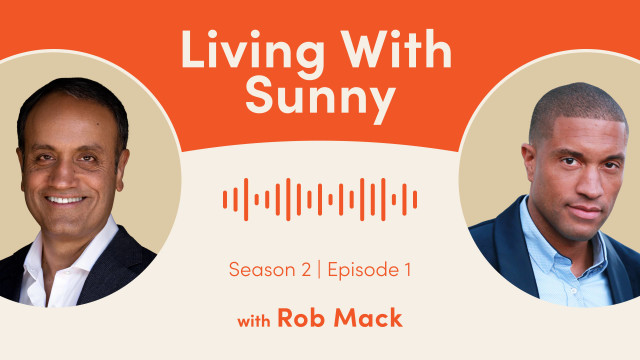Embrace Loneliness, Make It Your Ally

The thought of being lonely or inadequate is one that haunts us all, even those of us who appear happy and confident. Nearly everyone experiences loneliness, although we may not talk about it often. It can feel terrible and sometimes occupy us without our knowledge. It can reside in us as an unbearable ache. Research describes loneliness as “a distressing feeling that accompanies the perception that one’s social needs are not being met by the quantity or especially the quality of one’s social relationships.”
Loneliness can take on many forms — it can creep up on you while you’re in a house or a room full of people; you might feel isolated even in a crowd; or you might feel lonely when you can’t express your feelings to your own family or loved ones without fear or judgment.
We are social animals, so it’s no surprise that our overall wellbeing is defined in large part by our social relations, involvement in our communities, and the ability to contribute meaningfully to the world — apart from taking care of ourselves. Today, most of our social interactions have moved online and we see loneliness take on a whole new meaning because of that. Many of us depend on likes or comments on our social media activity for validation. It is normal to seek social attention and bonds. However, it is also important to know that you, with or without company, are enough, adequate, and sufficient to keep yourself happy.
But no matter how much I tell you this, we’re only human, and are still likely besieged by feelings of loneliness at times. So, how do you tackle loneliness? We need to see beyond the restrictions of the emotion and explore the rewards hiding under those feelings of isolation.
Here’s how you can start:
Acknowledge and Address the Emotion
Being aware of when and why you feel lonely will prevent you from being sucked into a wave of melancholy. Remember: The agonizing thoughts we have when we feel lonely and disconnected don’t necessarily reflect the reality — they’re often a construct of our own minds.
You could feel lonely at work and fail to connect with colleagues despite constant contact. You may feel like you are not being heard or understood by your peers. Making time for in-person interactions with colleagues and friends, sharing your thoughts, and carving out time for social outings can help you deal with this sense of isolation. By using guided meditation, you can better understand your feelings and thus, the cause of the emotion.
Put Yourself First
Our bodies appear to be solid and separate from everything and everyone else — but we’re innately connected to the universe. Loneliness is the body’s way of calling out for healing, and connection with people and the world around you. Mindfulness can help you understand what your lonely feelings are trying to tell you. And embracing wholistic wellbeing can help address any trauma caused by experiencing long periods of loneliness or isolation.
Give yourself time to heal and find ways to undo the damage caused by loneliness. Be kind to yourself, let your emotions guide you to a happier place, forgive your past mistakes, let go of grudges, and inculcate gratitude. Make yourself your best friend.
This self-love also includes accepting that you may, like most of us, have an unhealthy relationship with social media. We often find ourselves scrolling mindlessly through other people’s profiles. Studies have proven this often leaves us feeling sad, guilty, or jealous, instead of connected to our friends. Try to break your dependence on social media to find deeper connections, and let the online relationships translate to offline meetups.
Use Your Alone Time to Dream
Loneliness can be a good thing because it points us inward and can offer us gifts we didn’t even know we needed. Use your time alone to become more present in your life, and discover parts of yourself that don't feel seen.
When you feel lonely or alone, tap into your talents, explore new interests, and use the power of visualization to create a happier, healthier lifestyle for yourself. By practicing seeing yourself in a better light, you will build your self-esteem. You can maximize your alone time by thinking or planning for your future.
Once you learn to embrace loneliness and use it as a time to heal and nurture the relationship with the No. 1 person in your life — you — it will not seem so daunting anymore.





